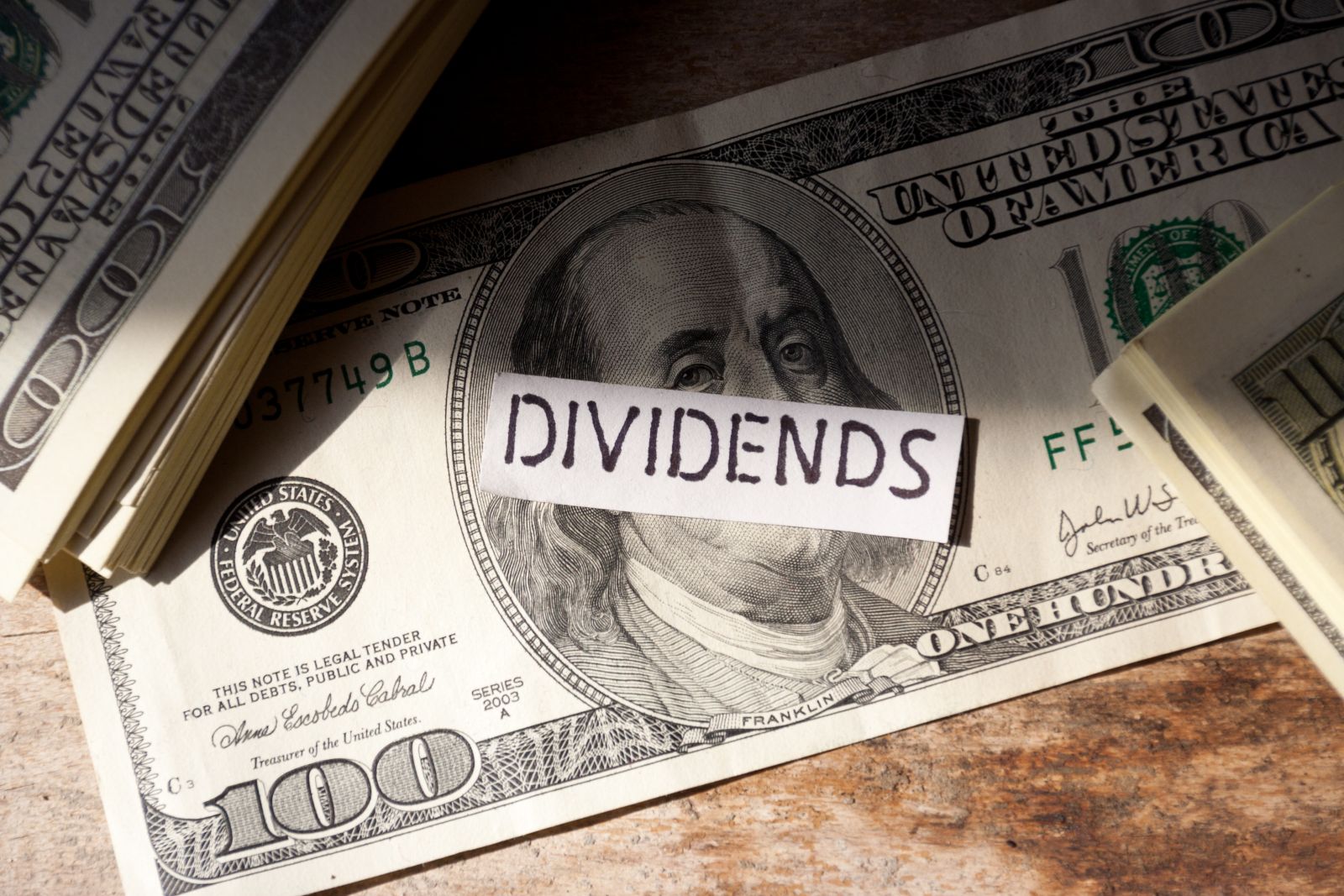- Market Overview
- Futures
- Options
- Custom Charts
- Spread Charts
- Market Heat Maps
- Historical Data
- Stocks
- Real-Time Markets
- Site Register
- Mobile Website
- Trading Calendar
- Futures 101
- Commodity Symbols
- Real-Time Quotes
- CME Resource Center
- Farmer's Almanac
- USDA Reports
3 Giant Dividend Stocks to Buy to Shield Your Portfolio Now

During periods of market volatility and economic uncertainty, investors often look for refuge in dependable, dividend-paying stocks. These rare giants provide not only consistent income but also long-term stability.
Dividend giants are typically well-established companies with strong cash flows, resilient business models, and a long history of rewarding shareholders, which can help safeguard your portfolio.
Dividend Giant #1: AbbVie
Valued at nearly $328 billion, AbbVie (ABBV) is a U.S.-based biopharmaceutical company focused on treating autoimmune disorders, cancers, neurological conditions, and aesthetic medical needs. Its strong cash flow, innovative research, and diverse portfolio of leading medicines position it as a global leader in both prescription therapeutics and aesthetics.
AbbVie has a forward dividend yield of 3.5%, which is higher than the healthcare sector average of 1.58%. While the yield is appealing, a reasonable payout ratio indicates how much of its net income the company distributes as dividends while leaving enough to reinvest in the business. Its forward payout ratio of 46.9% is relatively low, indicating that dividend payments are sustainable and have room to grow. AbbVie is also a Dividend King, having paid and increased dividends for 53 straight years.
AbbVie is best known for its blockbuster drug Humira, which treats autoimmune diseases such as rheumatoid arthritis, Crohn’s disease, and psoriasis. However, to deal with Humira’s patent expiration, the company has expanded its portfolio to include blockbuster drugs such as Skyrizi (for psoriasis and Crohn’s) and Rinvoq (for rheumatoid arthritis and ulcerative colitis).
In the most recent first quarter, Skyrizi’s sales stood at $3.4 billion, up 70.5%, while Rinvoq’s were $1.7 billion, up 57.2%. Adjusted earnings increased 6.5% in the quarter.
Overall, Wall Street has assigned a “Moderate Buy” rating to AbbVie stock. Out of 27 analysts covering the stock, 14 have a “Strong Buy” rating, two suggest a “Moderate Buy” rating, and 11 recommend a “Hold” rating. The mean target price for ABBV is $208.88, which is 10% above its current levels. Its high price estimate of $250 implies potential upside of 33% over the next 12 months.

Dividend Giant #2: AT&T
AT&T (T) is a major American telecommunications company with a market capitalization of $208 billion. It offers wireless services, internet and broadband services, TV and streaming services, as well as business and enterprise solutions like network connectivity, cybersecurity, and cloud services.
AT&T offers an attractive forward dividend yield of 3.85%, which is significantly higher than the communications sector average of 2.6%. Importantly, the company’s forward payout ratio has improved to 49.7%, thanks to a simpler business model and strong free cash flow (FCF). In the first quarter, the company generated $3.1 billion in FCF, paying out dividends totaling $1.1 billion. Adjusted earnings per share rose by 6.3% in Q1. Furthermore, it expects to generate more than $16 billion in FCF by 2025, which should support dividend payouts.
Overall, Wall Street rates AT&T stock as a "Moderate Buy.” Of the 28 analysts covering the stock, 17 recommend a "Strong Buy,” three recommend a “Moderate Buy,” seven rate it a "Hold,” and one suggests a “Strong Sell.” Currently, the stock is trading close to its average analyst target price of $29.21. Its high price target of $34, however, represents upside potential of 17.5% over the next 12 months.

Dividend Giant #3: Target
Valued at $45 billion, Target (TGT) is a major American retail company. Target is known for its low prices, trendy private-label brands, and excellent in-store and online shopping experiences. It also provides same-day delivery and curbside pickup.
Target is part of the elite group of Dividend Aristocrats, a group of S&P 500 Index ($SPX) companies that have increased their dividends for at least 25 consecutive years. Target has raised its dividend annually for over 54 consecutive years as of 2025, also putting it in the even more exclusive Dividend Kings club. It recently increased its dividend by 1.8%. The company pays an attractive dividend yield of 4.4%, which is significantly higher than the consumer staples average of 1.9%.
Behind every reliable dividend payer is a strong financial engine. While consumer spending can fluctuate, Target’s business model enables it to adapt quickly. During a recession, consumers often migrate from premium retailers to value-oriented stores, giving Target a competitive edge. Target’s adjusted earnings for the first quarter increased 11.8% to $2.27 per share.
The company’s payout ratio is within a sustainable range of 56.8%. This means Target has enough room to continue rewarding shareholders while reinvesting in its operations.
Overall, Wall Street rates Target stock as a "Moderate Buy.” Of the 34 analysts covering the stock, eight recommend a "Strong Buy,” three say it is a “Moderate Buy,” 21 rate it a "Hold,” and two suggest a “Strong Sell.” Based on its average analyst target price of $110.25, the stock has upside potential of 10.9% from current levels. Plus, its high price target of $175 represents upside potential of 77.4% over the next 12 months.

On the date of publication, Sushree Mohanty did not have (either directly or indirectly) positions in any of the securities mentioned in this article. All information and data in this article is solely for informational purposes. For more information please view the Barchart Disclosure Policy here.